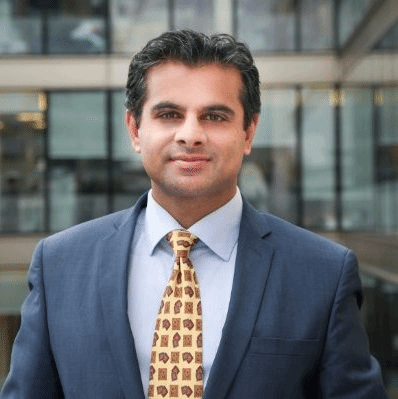
IT Sustainability Think Tank: Recruitment and the regulatory landscape
There is an ever-growing list of rules and regulations for enterprises to get their heads around when it comes to sustainability, but what can they do to keep on top of things?
The IT sustainability tide is moving fast and most industries lack clear guidelines or role models to follow, and new and innovative approaches to recruitment are required to address these complex challenges.
Skills-based hiring is serving as an increasingly popular solution to the tech talent shortage as a whole: professionals with fewer arbitrary years of experience in certain areas but far greater technical abilities, soft skills and potential to develop.
Regardless of time spent racking up data science qualifications and FTSE/Fortune 500 tenure, enterprises will also need individuals with a keen eye for detail, attention to patterns, adaptability, natural inquisitiveness, problem-solving and critical thinking competencies, and capacity for fast learning and strong decision-making.
Technical specialists working on scope 1, 2 and 3 emissions reporting will need to utilise personal attributes of honesty and integrity when making recommendations to powerful internal and external stakeholders, and must harness conflict resolution and negotiation skills to push for sustainable solutions requiring significant investment and transformational change. They will also need to achieve buy-in through communication and fostering stakeholder relationships.
Enterprises can hire for skills and potential rather than experience by tailoring job ads around the problems to be solved, removing unnecessary educational and tenure requirements, and focusing the assessment process around competency testing to remove unconscious biases based on ‘likeability’ and ‘cultural fit’.
Two commonly untapped and misunderstood talent pools present the ideal solution: Gen Z and diverse tech professionals. Neurodiverse individuals are underrepresented in all industries due to the plethora of barriers presented across the recruitment process and in workplace environments but have the most to add of any group on the sustainability challenge.
Neurodiversity involves different experiences and perspectives, translating to creativity, innovation and unique solutions to complicated problems. Many autistic individuals are highly skilled at spotting patterns fast, aiding significantly in reporting accuracy and trend predictions, and the hyperfocus abilities associated with ADHD enable professionals to pursue testing, iteration and improvements to solve a sustainability challenge that has defeated neurotypical colleagues.
Having grown up during the climate emergency, Gen Z are the most sustainability-aware and globally-focused demographic, and will represent almost one-third of the total workforce in the next few years.
Younger professionals more than make up for their lack of experience with their understanding of sustainability issues, enthusiasm for ethical practices, and confidence in their ability to drive change. Enterprises can build the teams best able to tackle sustainability reporting and ESG compliance with a multifaceted approach: hiring senior leaders experienced in leading workplace transformation and implementing new technologies; hiring across remits and levels for skills and potential to fill current and future gaps; and utilising the expertise and coaching abilities of these senior leaders to upskill new and existing staff members alike.
Investment in new monitoring tools and technologies will prove meaningless without the skill and will to support them. Getting buy-in from all internal stakeholders, across departments, locations and remits, is essential to any digital transformation project, and will be particularly vital to uniting employees at very different stages of sustainability awareness, political affiliations and company departments. New hires and existing leaders must communicate clearly, consistently and continuously, driving the message from the top down and throughout the organisation, ensuring every employee understands sustainability-related projects, systems and processes, what is required of them, and how they will be supported.
Sustainability reporting (and subsequent learnings and changes) will create huge benefits for communities, the business itself, and every individual employee – but teams will need to envision this beneficial future before it can be built.
Read more from the IT Sustainability Think Tank
- The post-pandemic recovery gave way to the post-energy-crisis adaptation, and new challenges are emerging all the time for organisations globally. And it’s not just changes that businesses are tackling; it’s fighting multiple fronts. Economic headwinds, environment, social and governance (ESG) regulations, geopolitical instability, artificial intelligence (AI), and the rise of a hybrid workforce
- ESG [Environment, Social and Governance] is everyone’s favourite new acronym, working as a catch-them-all for climate action, worker rights, social responsibility, and energy efficiency, among other things.
- There is an ever-growing list of rules and regulations for enterprises to get their heads around when it comes to sustainability, but what can they do to keep on top of things?
- Digital infrastructure operations face increased scrutiny by local, national, and transnational authorities on financial and operational fronts. Financial reporting requirements are being expanded to include climate disclosure requirements - reporting of greenhouse gas (GHG) emissions and reduction goals and the financial implications of risks and opportunities - in countries around the globe.











